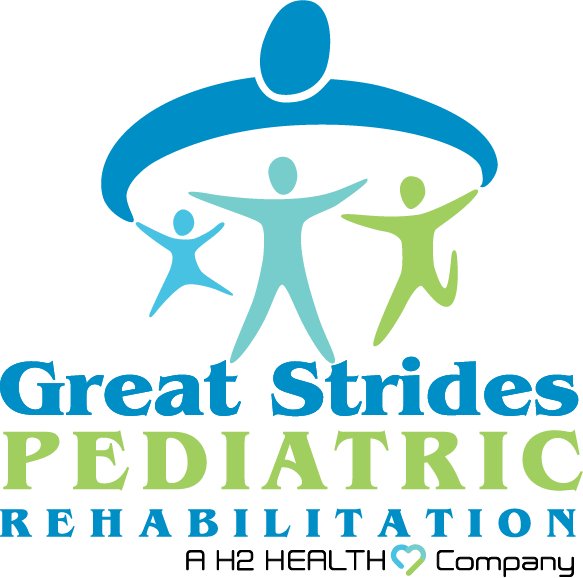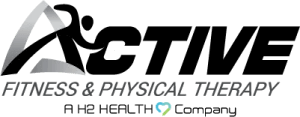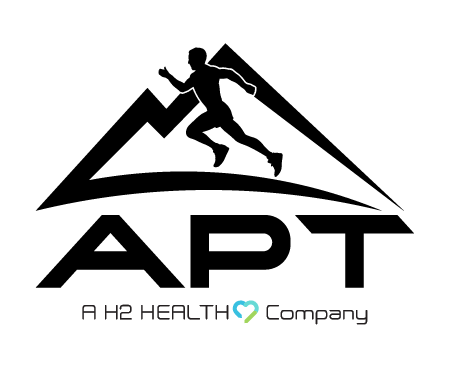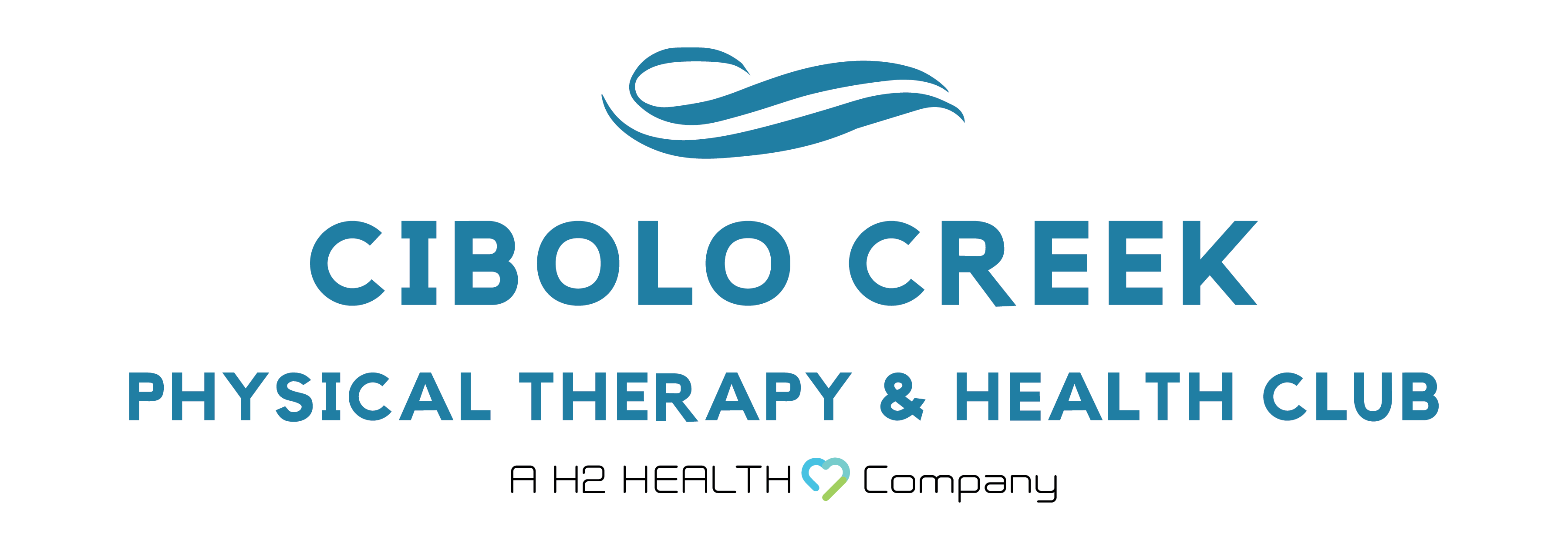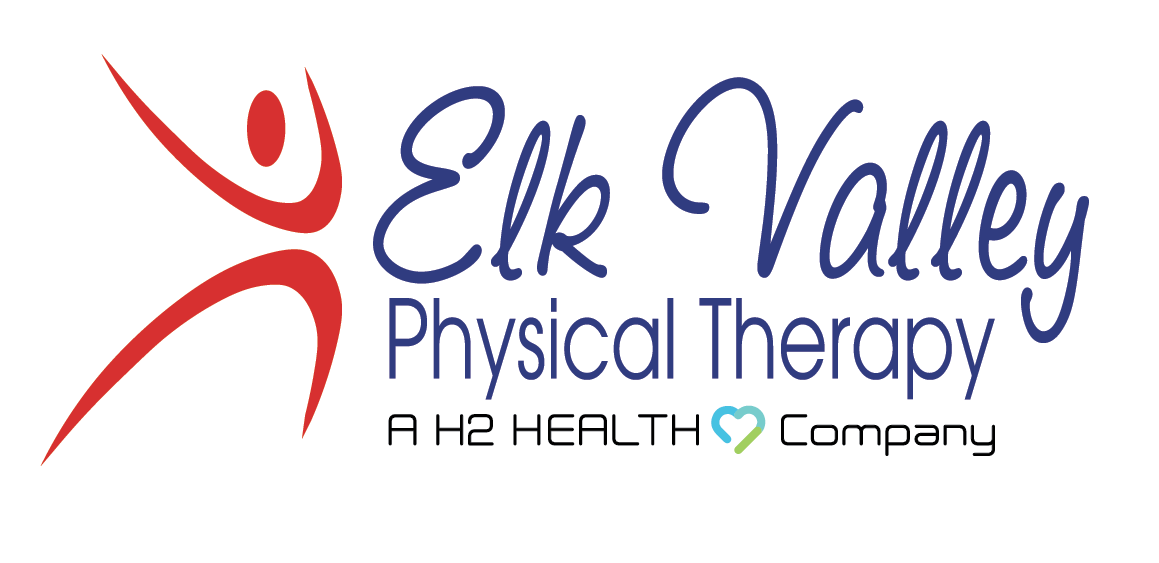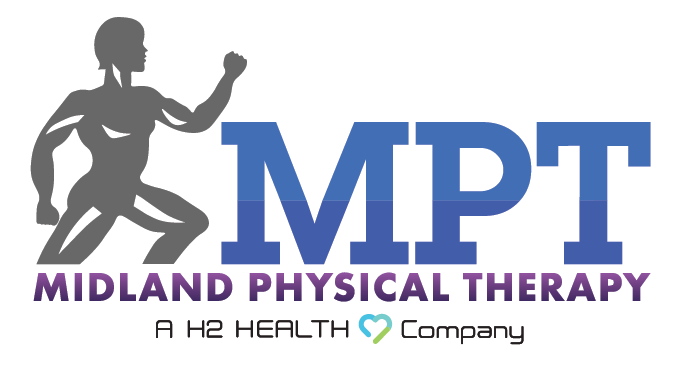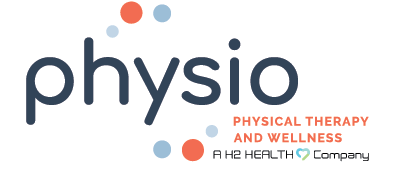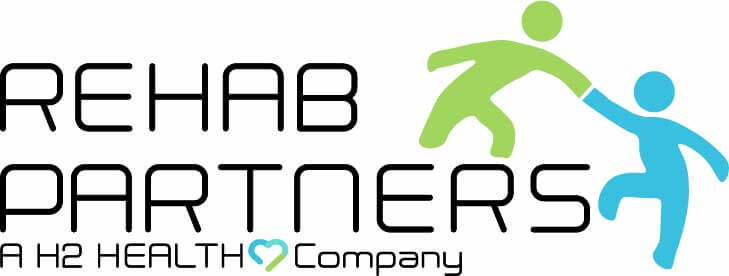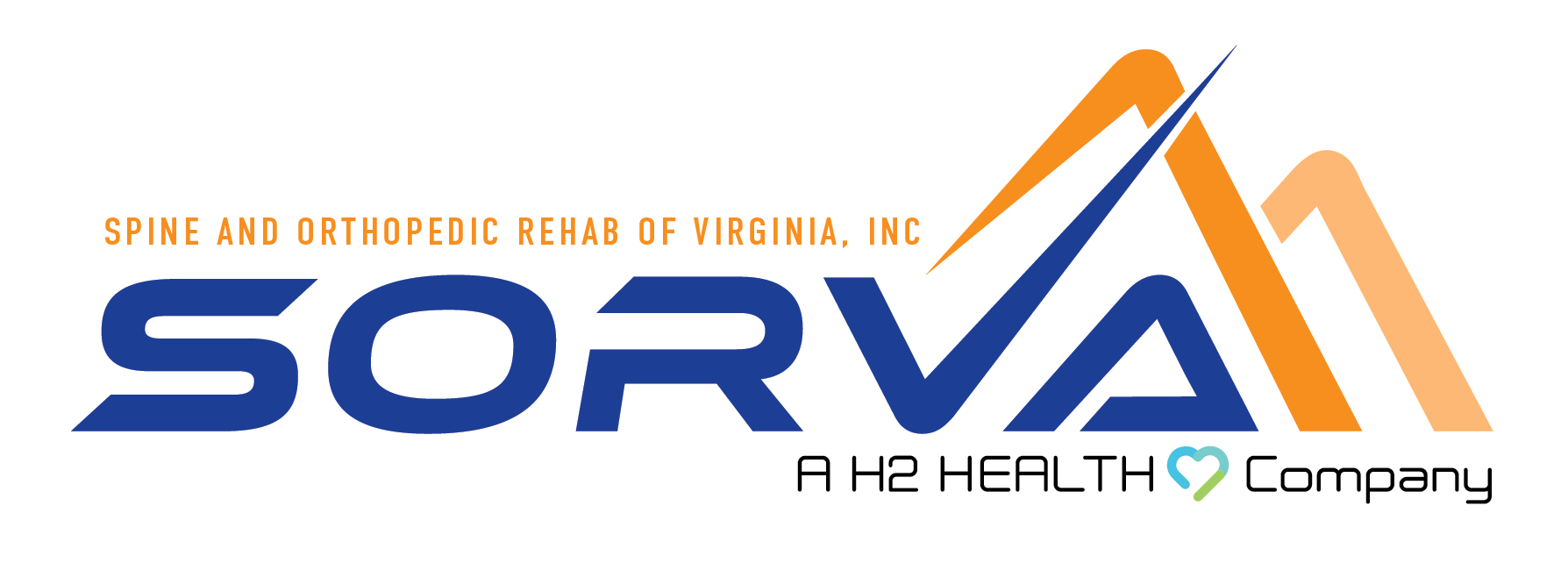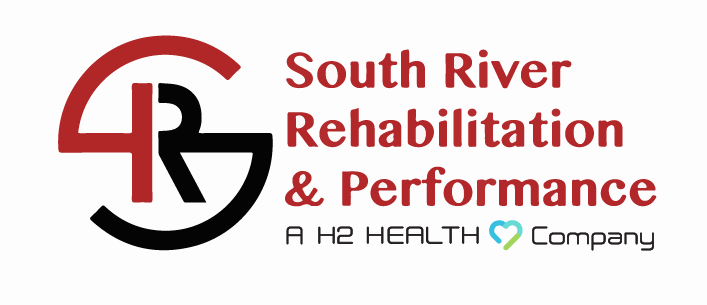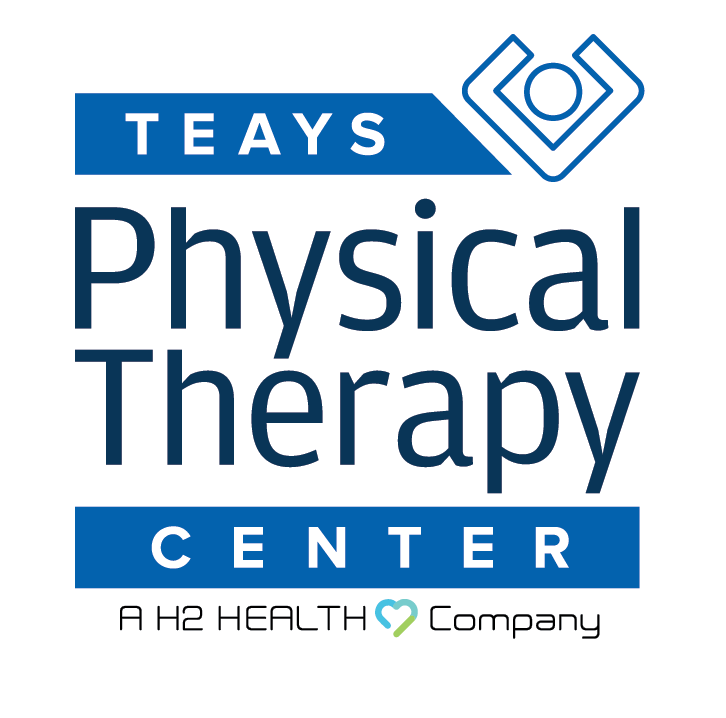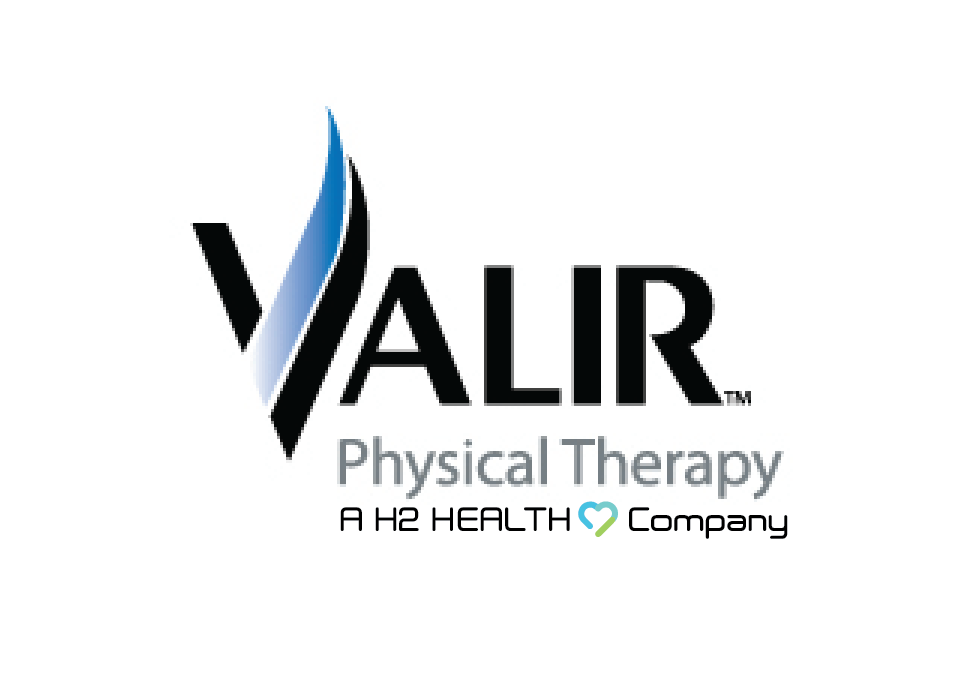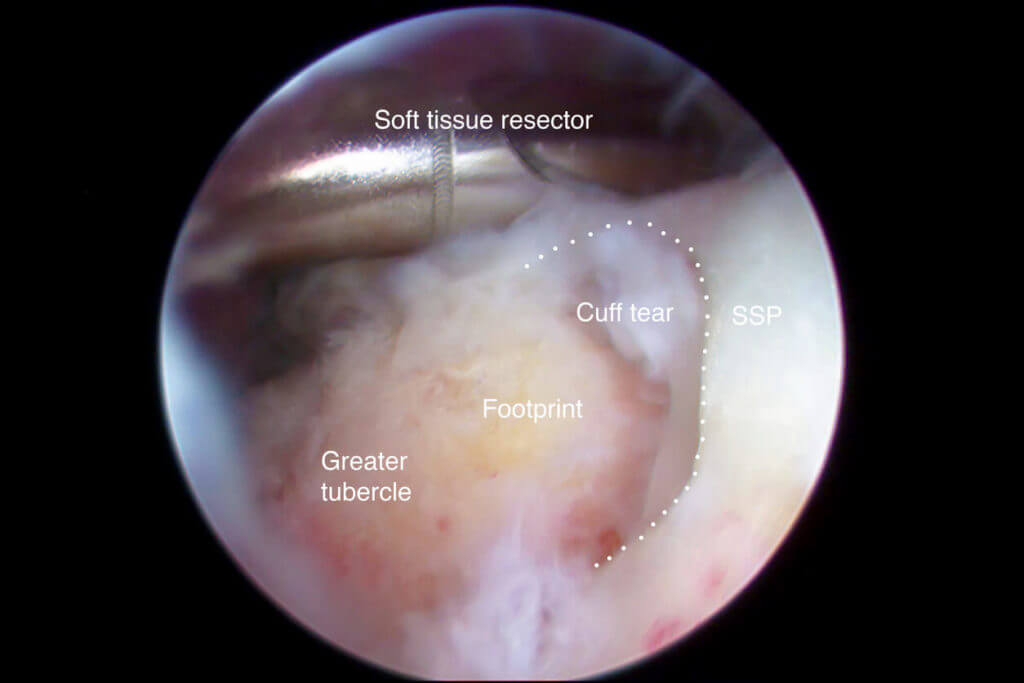
A rotator cuff tear can be a debilitating injury that can greatly limit an individual’s ability to perform their job duties. The rotator cuff is a group of muscles and tendons that stabilize the shoulder joint, allowing movement.
When this group is damaged, either through injury or wear and tear, it can cause severe pain and weakness. This can be particularly challenging to navigate in a work setting, especially if the job requires physically demanding tasks.
Let’s explore rotator cuff tears, their impact on work tasks, and how occupational therapy can help navigate work tasks with rotator cuff tears.
Understanding Rotator Cuff Tears and Its Impact of Work Tasks
A rotator cuff tear occurs when one or more of the tendons that make up the rotator cuff are partially or completely torn. This can result from an acute injury, such as a fall, or degenerative wear and tear over time. A rotator cuff tear can be partial or complete.
Symptoms of rotator cuff repair include pain at rest and night, weakness when lifting or rotating the arm, and a crackling sensation when moving the shoulder.
The impact of a rotator cuff tear on work tasks can vary greatly depending on the severity of the tear and the demands of the job. For physically demanding jobs requiring heavy lifting or repetitive arm movements, a rotator cuff tear can significantly limit their ability to perform these tasks.
On the other hand, those in less physically demanding jobs may experience discomfort but can often continue to work with modifications.
Occupational Therapy: How It Helps?
Occupational therapy focuses on promoting health and well-being through occupation, which refers to people’s everyday activities to occupy their time and bring meaning and purpose to life.
Occupational therapists can assess the physical requirements of your occupation, considering elements such as lifting, reaching, and repetitive actions. They can also pinpoint tasks that could potentially aggravate shoulder discomfort.
Occupational therapists can provide valuable insights into what accommodations may be beneficial and can advocate for the individual during discussions with their employer.
An occupational therapist can also help you with the rotator cuff tear treatment through:
Task Modification
One of the primary strategies used by occupational therapists is task modification. This involves analyzing the specific tasks that the person has difficulty with and finding ways to modify them to reduce strain on the shoulder.
For example, if a person has trouble reaching for items on high shelves, the therapist might suggest rearranging their workspace so that they are within easy reach.
Assistive Devices
Occupational therapists can also recommend assistive devices to help individuals perform their work tasks more easily. This could include long-handled reachers to reduce the need for overhead reaching or ergonomic tools designed to minimize strain on the shoulder.
Work Environment Adaptations
Adapting to the work environment is another important aspect of occupational therapy for individuals with rotator cuff tears.
This could involve adjusting the height of a desk or chair, using an adjustable keyboard tray, or implementing other ergonomic changes to optimize the workspace.
Exercise and Strengthening
Rotator cuff tears can lead to muscle atrophy, making it challenging to perform routine tasks demanding shoulder strength. The occupational therapist can design an appropriate therapy exercise program that enhances shoulder mobility.
Pain-Relief Techniques
Pain management is an essential part of treating rotator cuff tears. An occupational therapist can recommend techniques and exercises that relieve pain and boost healing.
Education and Training
Education is a key component of occupational therapy. Occupational therapists can provide education on safe work practices, proper body mechanics, and the importance of taking regular breaks to rest the shoulder.
They can also provide training in using assistive devices or performing tasks in new ways.
Rotator Cuff Tear Treatment in Pennsylvania
A rotator cuff tear can significantly impact an individual’s ability to perform work tasks, but it’s often possible to continue working with the right accommodations and support.
At H2 Health, we have a team of highly trained and skilled occupational therapists who utilize clinically tested techniques to treat a wide variety of conditions, including rotator cuff tears. At our clinics, we offer occupational therapy to both children and adults.
To learn more about occupational therapy or to make a private consultation with one of our outstanding occupational therapists at H2 Health, call our office near you or fill out our appointment request form. We look forward to serving you!

